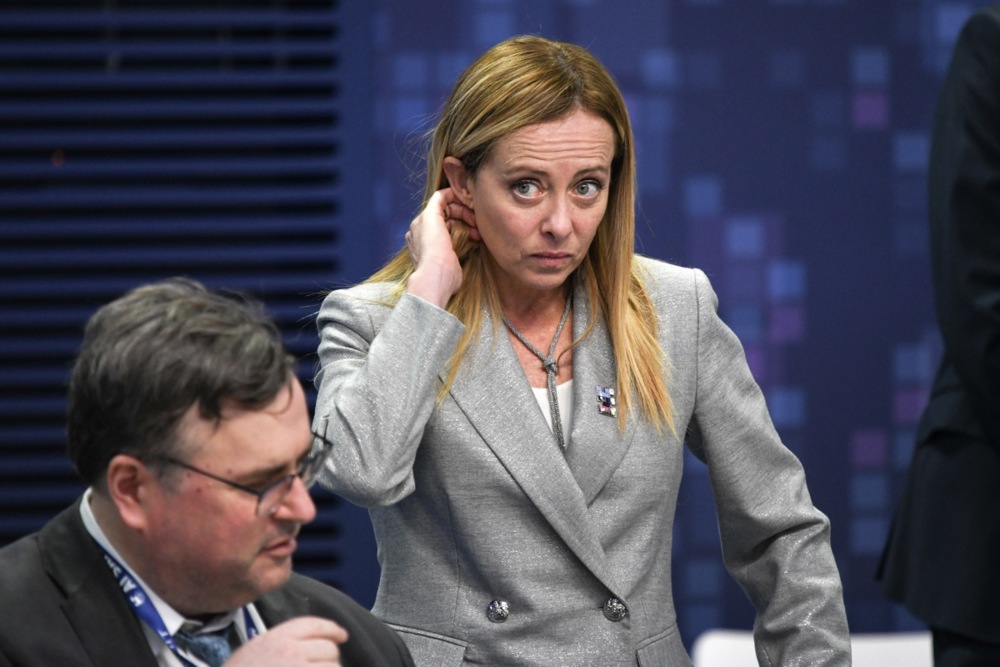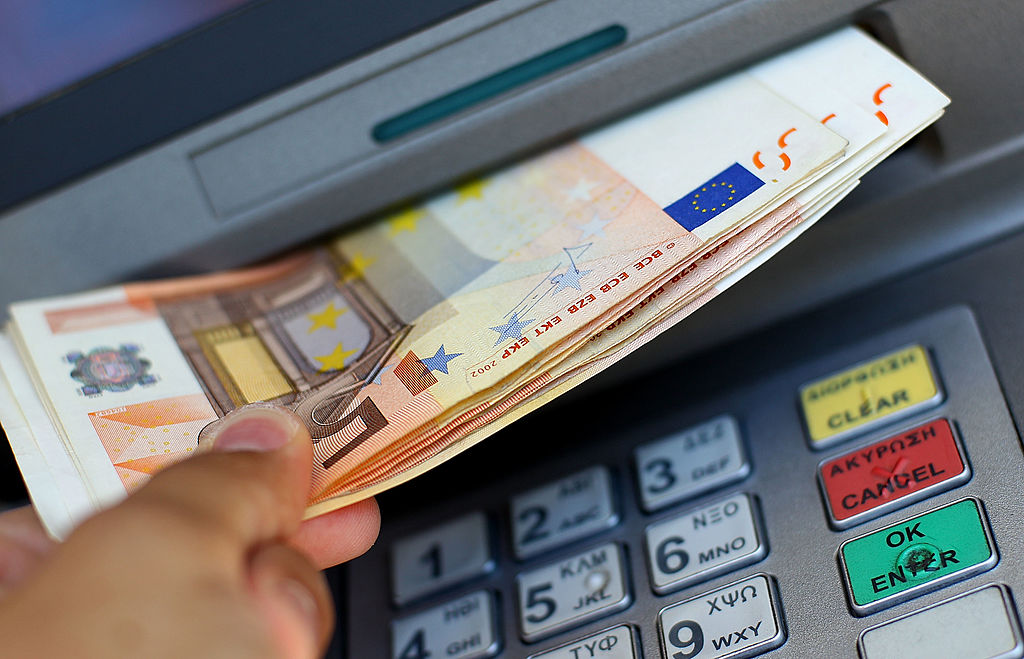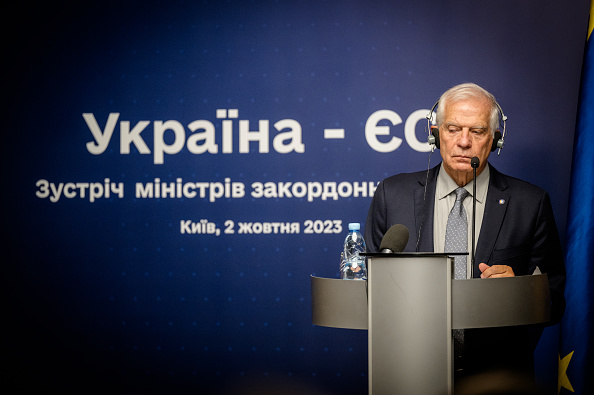In a surprise move, China has waived visas for citizens of the European Union’s five largest economies, which analysts say is designed to split bloc members ahead of an EU-China summit on December 7-8.
Citizens of France, Germany, Italy, the Netherlands and Spain can now enjoy 15-day visa-free entry to China.
Those countries happen to be China’s top five trading partners – as well as the EU’s biggest economies.
Other EU citizens still need to visit a Chinese Embassy for an interview, to have their fingerprints taken and pay a fee of between €33 and €55 for non-expedited single entry.
Mathieu Duchâtel, a China expert at the Paris Institut Montaigne think-tank, told Brussels Signal that Beijing’s ploy reflected “innovative divide-and-rule thinking”.
James Downes, an international relations academic in Hong Kong and the Brussels School of International Studies, agreed, saying it was “clearly an example of China cleaving off its top EU trading partners ahead of the EU-China summit”.
China’s biggest priority now regarding its EU policy was to “neutralise the economic security and de-risking agenda proposed by the [European] Commission,” Duchâtel said.
To convince the EU not to pursue such a “de-risking” policy, China needs key Member States and influential companies “to weigh in, in favour of deepened engagement,” he said, adding: “Targeting them with a gift helps.”
From China’s perspective “a coherent EU aligned with the US on a de-risking priority is a threat to China’s already slowing economy”, Duchâtel added.
Foreign direct investment in China shrank in the last quarter for the first time since 1998.
As Beijing’s policies moved on from a zero-Covid approach to anti-espionage legislation, companies across the US, EU and Asia have made efforts to diversify their supply chains away from China.
One notable exception is Germany’s automotive industry, which continues to increase its reliance on China.
“Tourism matters but investors matter more,” Duchâtel said, adding that therefore, for China, it “is a good time to finally send a positive signal to them, after a long series of disastrous signals”.
Some wonder whether China’s move is likely to succeed. While the EU is “unlikely to drop” de-risking as a policy goal, “in practical terms it seems far too late for Europe to diversify in a meaningful manner”, argued Piotr Machajek, a Warsaw-based researcher at China Horizons.
The summit’s ultimate direction appears to remain up in the air. “There is still no draft statement in sight,” Machajek said.
The lack of a joint statement so far is “one of the main red flags and problems for the upcoming EU-China summit”, Downes added.
From the EU side, European Commission President Ursula von der Leyen will likely call for investigating Chinese subsidies for the electrical vehicles industry, he said.
From China’s side, it will likely raise issues around artificial intelligence, as President Xi Jinping did with US President Joe Biden in their recent APEC summit.
One point China will probably avoid is the Israel-Hamas war, after “Biden did not manage to encourage Xi to be more active on Gaza”, Machajek added.
China’s EU strategy is one of Beijing’s long-held drivers, Downes said.
“Rather than dealing with the Commission and the wider EU bureaucracy in Brussels, China has often sought to strike individual economic and trade deals with individual EU Member States,” he said.
In recent years, that strategy has included China targeting smaller countries such as Italy and Hungary with its “Belt and Road Initiative”.
Its policy also suits an EU whose members currently bring sharply differing views to the table about what Brussels’ stance towards Beijing should look like.
Germany and France, the EU’s largest economies, have so far this year tried to adopt more positive commercial and economic relations with China. Hungary and Greece have also tried to maintain economic co-operation.
Lithuania, the Czech Republic and Poland have pushed for a more confrontational EU policy with China, largely for domestic political reasons.
Italy has performed “a complete flip-flop” on its Belt and Road Initiative membership according to some, with Prime Minister Giorgia Meloni ending her country’s participation in September.
Even so, the EU is “using the word ‘de-risking’ a lot lately, a switch from de-coupling”, said Laura Bonsaver, a London-based researcher and associate director of Young China Watchers.
Brussels’ move towards de-risking is part of a “newly articulated strategy which acknowledges and addresses the related risks that China poses, while expressing more of a willingness to work closely with China,” she said.





